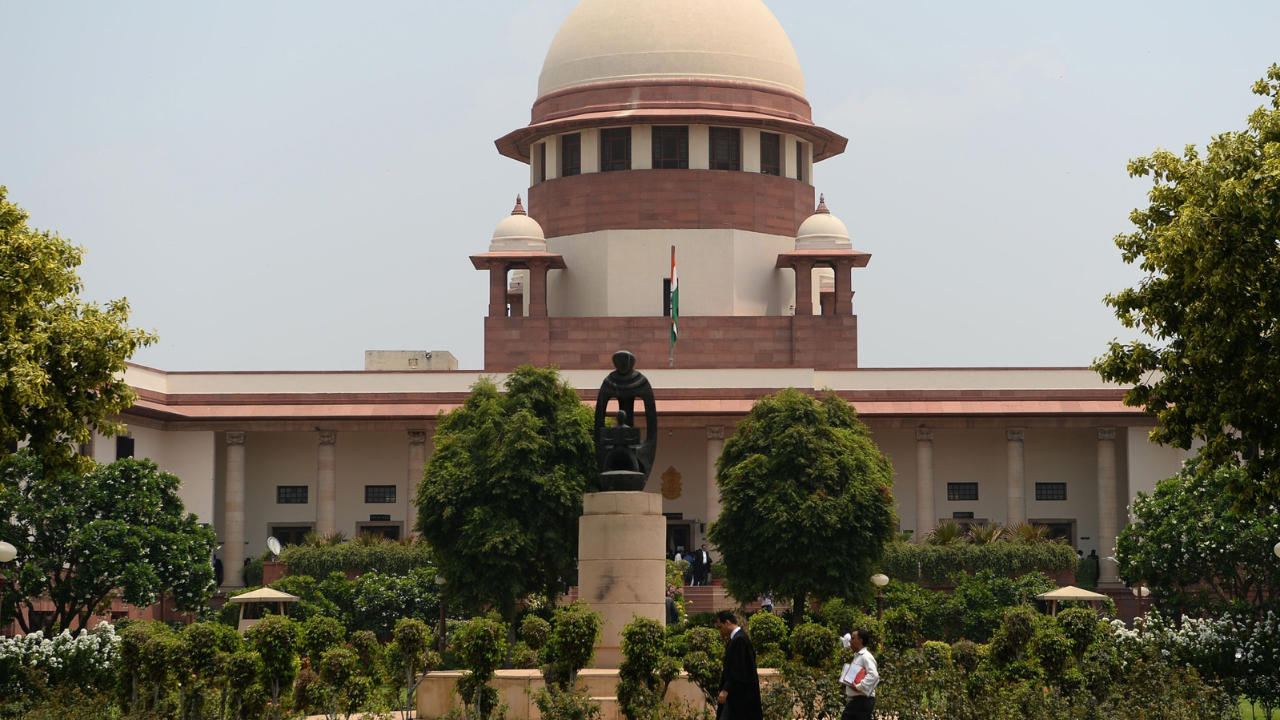The Supreme Court has agreed to examine a petition filed by Jamiat Ulama-e-Maharashtra and others challenging the FIR registration and ban imposed by the Uttar Pradesh government on the storage, distribution, and sale of food products with halal certification. Initially hesitant, the bench of Justices B.R. Gavai and Sandeep Mehta issued notices to the Uttar Pradesh government and others after considering the wider implications on interstate trade, industry, and consumers nationwide.
The petition, represented by advocate Sugandha Anand, contends that the Uttar Pradesh government’s notification violates several articles of the Constitution, deeming it arbitrary and based on unreasonable classification. In November 2023, the state government imposed an immediate ban on the production, storage, distribution, and sale of food products with a halal tag, citing confusion and asserting the sole authority of designated institutions to determine food quality under the Food Safety and Standards Act.
The Supreme Court refrained from granting interim relief at this stage, leaving it for future consideration. The petition argues that the ban infringes on constitutional rights, including Article 14 (equality before the law), Article 19(1)(g) (right to practice any profession), Article 21 (right to life and personal liberty), Article 25 (freedom of conscience and free profession, practice, and propagation of religion), Article 26 (freedom to manage religious affairs), and Article 29 (protection of interests of minorities).
Earlier, the Uttar Pradesh Police had filed an FIR against entities such as Halal India Private Limited (Chennai), Jamiat Ulama-i-Hind Halal Trust (Delhi), Halal Council of India (Mumbai), Jamiat Ulama Maharashtra, and others. The complaint alleged the exploitation of religious sentiments to boost sales through halal certificates specific to a particular religion, claiming a large-scale conspiracy to decrease sales of products lacking the halal certification.
The Supreme Court’s decision to examine the matter indicates a significant legal scrutiny of the ban on halal-certified food products in Uttar Pradesh, with potential ramifications for the broader debate on religious and trade practices.
Related











































